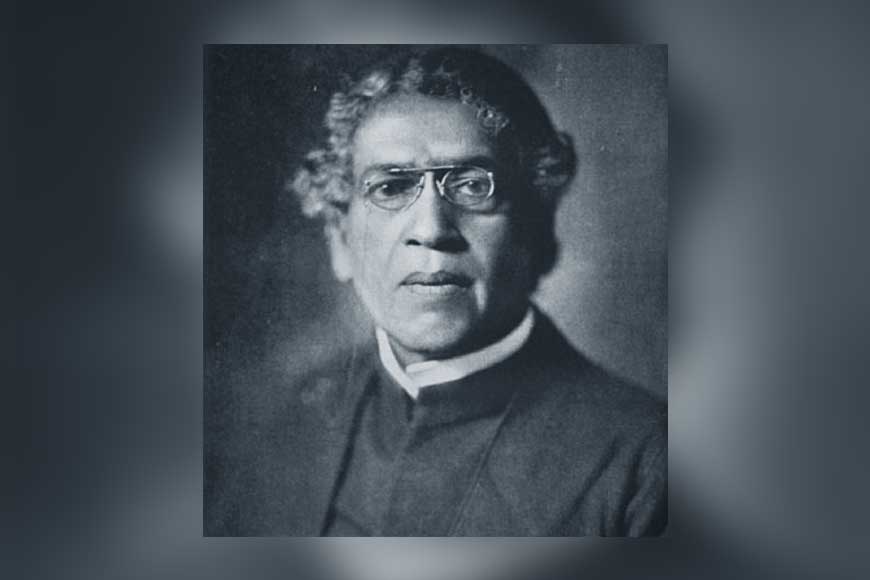looking back Happy Birthday to great scientist Jagadish Bose who was denied Nobel Prize for being an Indian

A report published in 1896 in the Daily Chronicle of England could be a valuable eye-catcher to all those in the Nobel committee that ignored Acharya Jagadish Bose because he was an Indian scientist in British India. It read: ‘The inventor (J.C. Bose) has transmitted signals to a distance of nearly a mile and herein lies the first and obvious and exceedingly valuable application of this new theoretical marvel.’
Two years ago in November 1894, Jagadish Chandra Bose had also demonstrated publicly the use of radio waves in the then Calcutta. But he had the heart of a sage and hence was never interested in patenting his work. He wanted his experiments and inventions to be used in every and any laboratory of the world so that a joint scientific venture could bring success that would help mankind in the long run. Bose ignited gunpowder and rang a bell at a distance using electromagnetic waves. Thus, he proved that communication signals can be sent without using wires. He sent and received radio waves over distance but did not commercially exploit this achievement.
Another demonstration came in 1895 and this public demonstration by Bose in Calcutta was before Marconi's wireless signalling experiment on Salisbury Plain in England in May 1897. Bose demonstrated the ability of the electric rays to travel from the lecture room, and through an intervening room and passage, to a third room 75 feet (23 m) distant from the radiator, thus passing through three solid walls on the way, as well as the body of the chairman, who happened to be the Lieutenant-Governor. The receiver at this distance still had energy enough to make a contact which set a bell ringing, discharged a pistol, and exploded a miniature mine. To get this result from his small radiator, Bose set up an apparatus which curiously anticipated the lofty ‘antennae’ of modern wireless telegraphy. It was a circular metal plate at the top of a pole, 20 feet (6.1 m) high, being put in connection with the radiator and a similar one with the receiving apparatus.
The form of ‘Coherer’ devised by Acharya Jagadish Bose, and described by him at the end of his paper ‘On a new Electro Polariscope’ was a path-breaking invention. Unfortunately, his invention which happened before Marconi who received the Nobel Prize was not recognised due to the evil of apartheid and discrimination on basis of skin colour in British India. On his birth anniversary, hope the Indians would salute this Bengali scientist who was far ahead of his times, in scientific thoughts and experimentations.










